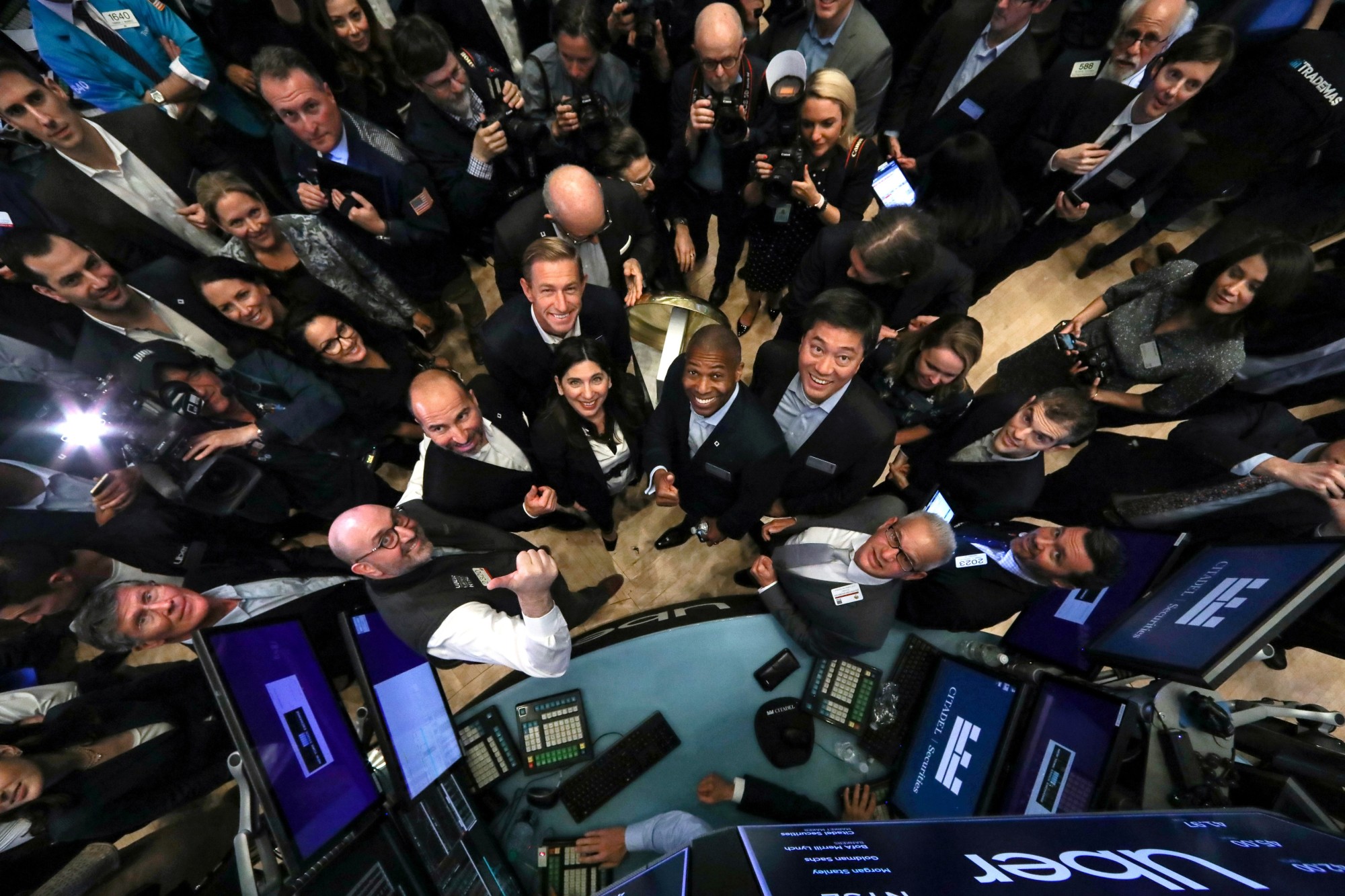Uber Technologies Inc.'s conservative initial public offering could not keep its shares from sinking in their trading debut on Friday, fueling debate on Wall Street over whether the outcome of the most anticipated listing since Facebook would weigh on other Silicon Valley unicorns.
Uber considered going public for at least four years. Yet the ride-hailing company picked a week for its IPO plagued by market turbulence fueled by U.S.-China trade worries. Moreover, smaller rival Lyft's shares plunged this past week after its first earnings as a public company.
Uber was the biggest of a group of Silicon Valley startups that have spent years raising money in private rounds at record prices. Many of these companies are now looking to follow with their own IPO. Some, like Uber and Lyft, are unprofitable.

















With your current subscription plan you can comment on stories. However, before writing your first comment, please create a display name in the Profile section of your subscriber account page.